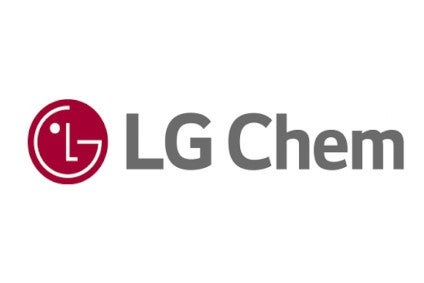South Korea-based LG Chem has recently overtaken China's CATL and Japan's Panasonic to become the world's largest supplier of lithium-ion batteries for electric vehicles (EVs). The South Korean firm's order books have been heavily bolstered by supply agreements with the likes of Geely, Tesla's Chinese factory, and GM as the co-developer of its new Ultium range of batteries. The LG Chem battery division claims to have around five years' worth of orders on its books thanks to its recent growth.
As a result of the battery sales bonanza, LG Chem announced plans in September 2020 to spin off its EV battery business into a separate entity by the end of the year. This move is unlikely to see LG Chem relinquish full ownership of its battery-making activities but, instead, will see it spin off and list the company for IPO as a means to secure large-scale funds for future capital expenditure. LG Chem predicts the business will generate around $26bn of annual revenue by 2024, mainly from the growth in demand for electrified vehicles.
Mere days after the announcement, members of the American media publicly broached the idea that Tesla may be interested in acquiring a proportion of the LG Chem EV battery operation. Upon the circulation of these rumours, shares in LG Chem began to trend upwards on the prospect of this deal – although no official statement has been made by either Tesla or LG Chem. The suggestion gained momentum thanks to Tesla CEO Elon Musk's confident performance at the firm's 2020 'Battery Day' where he suggested Tesla may be able to sell 20 million cars before 2030, even lifting the share price of Tesla's other Shanghai factory cell supplier – CATL.
Tesla has made no secret of its ambition to produce its own battery cells fully in house as a means to drag costs down, as already evidenced by its move away from being fully supplied exclusively by Panasonic.
The move makes sense from a business standpoint. Tesla has made no secret of its ambition to produce its own battery cells fully in house as a means to drag costs down, as already evidenced by its move away from being fully supplied exclusively by Panasonic. This fits with Tesla's policy of vertical integration as it seeks to bring more of the electric vehicle supply chain in house, rather than outsourced to external suppliers. This strategy has already been demonstrated recently through Tesla's proposed deal with mining group BHP to secure supply of nickel for the construction of EV batteries.
Considering Tesla's aggressive growth strategy, a stake in the world's largest supplier of lithium-ion batteries seems like a logical and complementary acquisition. It would make a natural bedfellow to any deal established with BHP and the advanced battery technology Tesla has acquired through its purchase of Maxwell Technologies in late 2019. This could see Tesla remain the de facto leader in EV battery technology for the foreseeable future.







